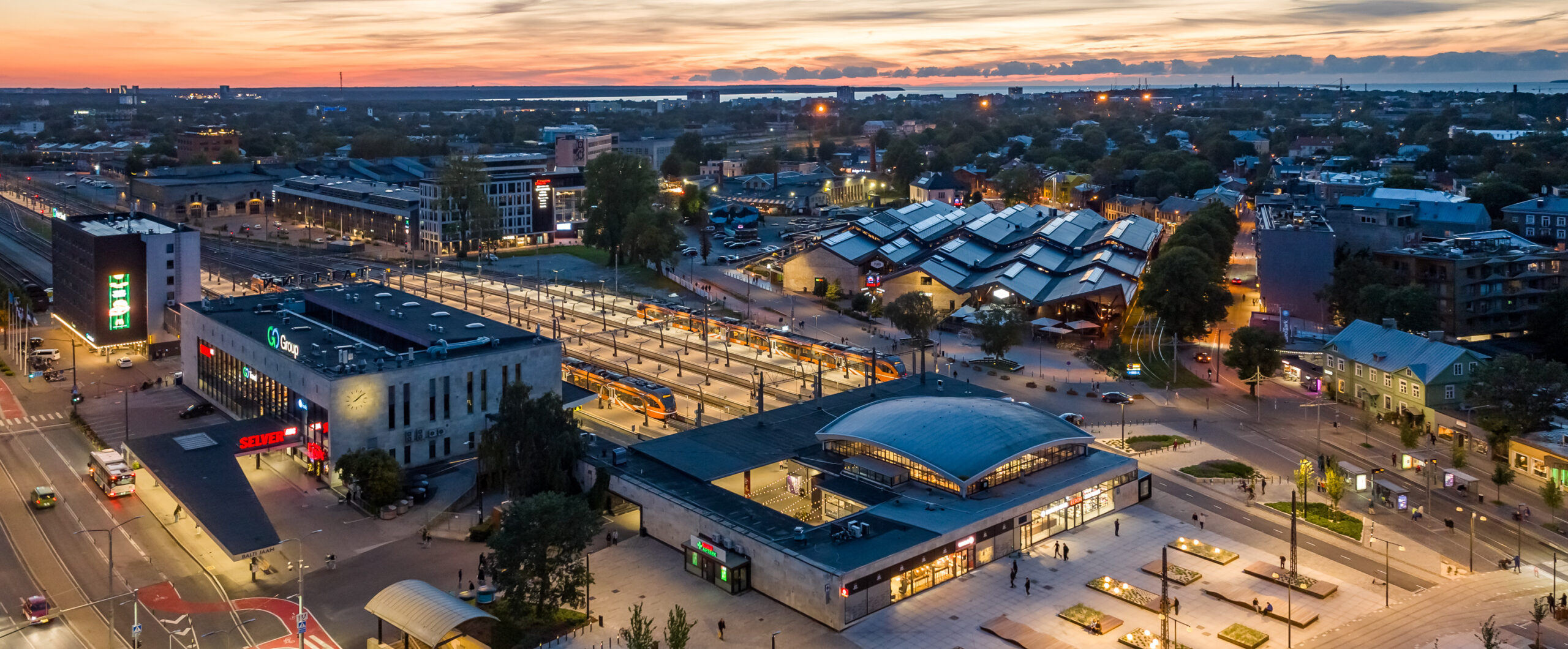
PRIVACY POLICY
- PRIVACY POLICY
1.1. Privacy policy applies to the Users of the AS Go Group website.
Data collection
Data collection upon filling forms
1.2. Data provided by the Clients on conference/sauna service forms is categorised as either required or optional information.
1.3. Clients are required to provide the following information:
1.3.1. Name ― required to complete and confirm bookings;
1.3.2. Email address ― required to complete and confirm bookings and, if necessary, to submit invoices;
1.3.3. Phone number ― required to complete and confirm bookings and to provide the service, incl. notification of any service disruptions.
Data storage period
1.4. AS Go Group shall store the data for as long as it is needed to achieve the purpose of the use of data or when the statutory limitation period is over and the document storage period provided by law has come to an end (seven years as set out in the Value Added Tax Act and Accounting Act).
Client’s rights regarding use of data
1.5. The Subscriber has the right to receive information from AS Go Group about the use of their data pursuant to the procedure and extent provided for in legislation;
1.6. the Subscriber has the right to ask AS Go Group to stop using their data and to correct, close or delete their data;
1.7. the Subscriber has the right to agree to or forbid the use of their data for direct marketing or commercial purposes;
1.8. the Subscriber has the right to turn to the Data Protection Inspectorate and court to protect their rights.
1.9 In cases involving any personal information, you have the right to send us an email info@go.ee call the number +372 631 0100.
- Principles of using cookies
Using cookies
2.1. AS Go Group websites use cookies to provide a better service for users.
2.2. Domains belonging to AS Go Group may, among other things, include an element that saves cookies for third parties.
Declining cookies
2.3. The User has the right not to allow cookies to be saved on their computer. If the Subscriber wishes to decline cookies, they must change their browser settings.
2.4. Different browsers use different methods to decline cookies. More information can be found on the website http://www.allaboutcookies.org/.
2.5. The User has to take into account that not all of the website’s functions may be available to them if they block cookies.
What is a cookie?
2.6. A cookie is a text file which is sent to and saved on the User’s computer by the websites that the user visits. Cookies are saved in the directory of files in the User’s browser. If the User has previously visited a website, the browser will read the cookie and forward this information to the website or element that originally saved the cookie. Additional information about cookies can be found on the website http://www.allaboutcookies.org/.
2.7. Cookies enable statistics regarding website use and the popularity of different sections and other actions on a website to be monitored. The information received by the cookies is utilised to make the website more convenient to use and to improve the content of the website.
Types of cookies used on website
2.8. Permanent cookies are necessary to navigate the website and use its contents. Users are unable to use all of the website’s functions without permanent cookies.
2.9. Session cookies enable the website to remember previous choices made by the User (username, language settings, etc.) and provide more efficient and personal functions.
2.10. Tracking cookies collect data about a user’s behaviour on the website. Information received by tracking cookies helps make the website more convenient to use.